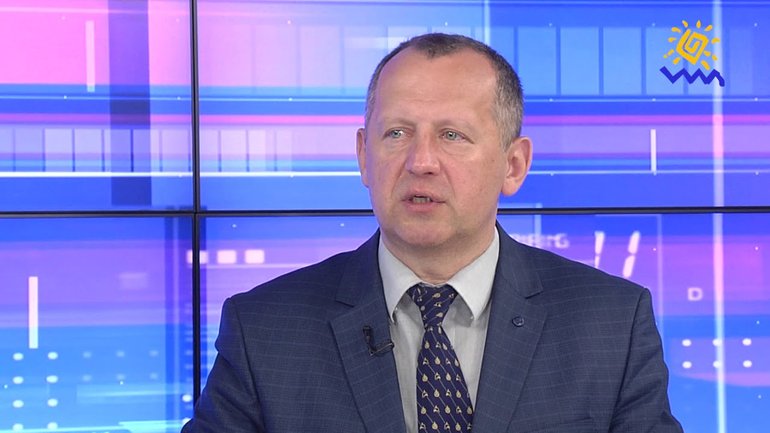"Money, intimidation and political pressure," the expert describes how Russia blackmails other Orthodox Churches

This was stated by religious scholar Oleksandr Sagan in an interview with Krayina magazine, Gazeta.ua reports.
"The Muscovite Church itself, which was called this way until the beginning of the XVIII century, was formed only in 1448 by splitting the Kyiv Metropolia and voluntary proclaiming autocephaly.
The Russian Orthodox Church openly puts pressure on other Orthodox churches using economic and political levers. The only story with pressure on the Church of Greece is worth a lot, where even Greek ministers were lobbyists for Moscow's interests. The Kremlin is pursuing a policy of religious expansion. This contradicts the understanding of the concept of "local church". Now the Russians are openly spreading their influence to other people's canonical territories, for example, in the case of the Patriarchate of Alexandria, which recognized the OCU in November last year. So, Moscow began to accept and finance the priests of this church under its jurisdiction in January 2019. Such an aggressive policy somewhat intimidates other local churches. Not everyone can fight back harshly. The Russian Orthodox Church also has financial levers of pressure on some of them. Therefore, they are not in a hurry to recognize the local Church of Ukraine yet, so as not to expose themselves to opposition from the MP," the expert explains.
According to him, when we talk about Moscow's allies, first of all, we are talking about several churches.
"The Church of Antioch (has archdiocese in Syria, Lebanon, Iraq, Turkey. The patriarch's residence is in Damascus. - ed.) and the Serbian Church. They have a long-standing relationship with the Russian Orthodox Church. And on the territory of the first, that is, in Syria, now there is a war with the participation of Russia. The Serbian Church, like the Moscow church, is in a state of disintegration of the imperial religious consciousness, and therefore they share some issues. Polish, Bulgarian, Czech lands and Slovakia, as well as Georgian churches are sensitive to Moscow's whims. However, they are unstable and often situationally get into the orbit of the Russian Orthodox Church, while supporting Constantinople in global matters. For example, the Georgian Patriarchate did not attend the Pan-Orthodox Council in 2016. It acted like this not to support the position of the Moscow Patriarchate, but because Georgians interpreted some of the theses put forward in the final documents of the Council somewhat differently. Bulgarian often supports the position of Russian, but on fundamental issues takes the side of Constantinople. I think that Moscow in vain strongly hopes for the unconditional support of those churches that now seem to its allies in countering the Patriarchate of Constantinople," the religious scholar adds.









